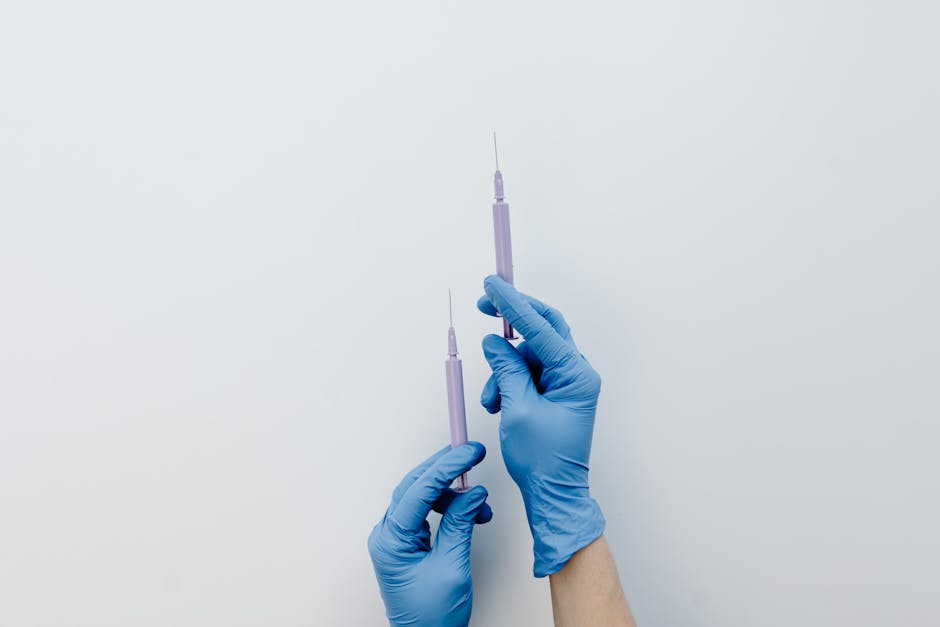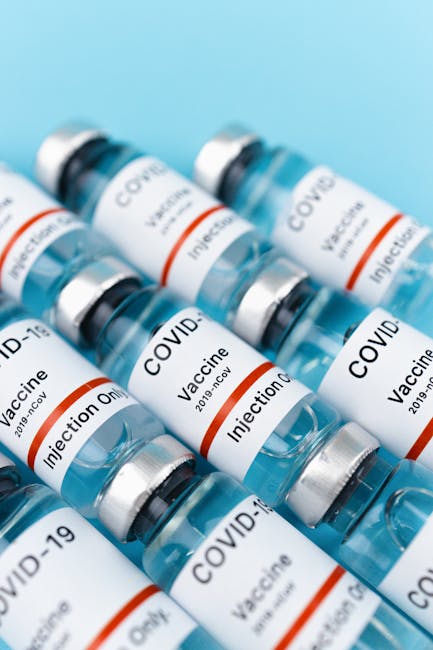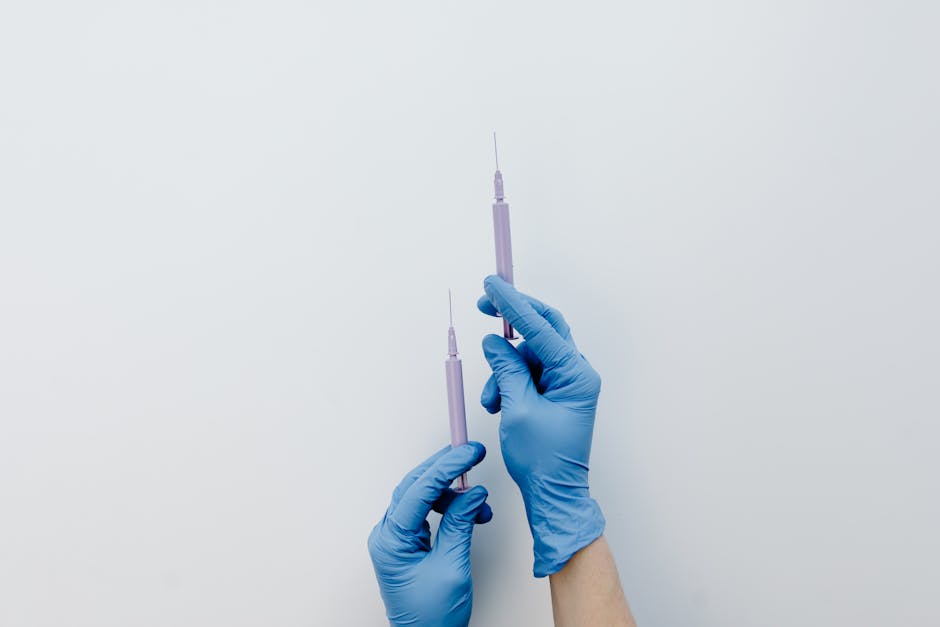COVID-19 Vaccines and the FDA: A Comprehensive Guide to Safety, Efficacy, and Approval
The COVID-19 pandemic spurred an unprecedented global effort to develop and deploy effective vaccines. Central to this process was the rigorous review and approval process undertaken by the U.S. Food and Drug Administration (FDA). This comprehensive guide delves into the FDA’s role in ensuring the safety and efficacy of COVID-19 vaccines, addressing common questions and concerns.
The FDA’s Role in Vaccine Development and Approval
The FDA plays a crucial role in protecting public health by ensuring that vaccines, like all other medications, meet high standards of safety and effectiveness before they can be authorized for emergency use or fully licensed. This process involves a multi-stage approach, including pre-clinical testing, clinical trials, and rigorous data review. The FDA doesn’t actually *develop* vaccines; instead, they are responsible for the independent evaluation of data submitted by vaccine manufacturers.

Pre-Clinical Testing
Before human trials, vaccine manufacturers conduct extensive pre-clinical testing in laboratories and animal models. This stage helps assess the vaccine’s safety profile and potential efficacy. The data generated during this phase are crucial for informing the design of human clinical trials.

Clinical Trials: Phases 1, 2, and 3
Clinical trials are the cornerstone of vaccine development, involving multiple phases designed to evaluate safety and efficacy in humans. Each phase builds upon the previous one, gradually increasing the number of participants and the duration of the study.
- Phase 1: Small-scale trials focused on safety and determining the appropriate dosage.
- Phase 2: Larger trials evaluating safety and efficacy in a more diverse population.
- Phase 3: Large-scale, randomized, controlled trials comparing the vaccine to a placebo to rigorously assess its effectiveness in preventing COVID-19.
Emergency Use Authorization (EUA) and Full Licensure
During the COVID-19 pandemic, the FDA utilized the Emergency Use Authorization (EUA) pathway to expedite the availability of vaccines while clinical trials were still ongoing. This pathway allows the FDA to authorize the use of medical products, including vaccines, to address a public health emergency when there are no adequate, approved alternatives. Once comprehensive data from clinical trials become available, the FDA can grant full licensure, which provides long-term approval of the vaccine.

Understanding the Data: Safety and Efficacy
The FDA’s review process involves a thorough analysis of data submitted by vaccine manufacturers, including safety reports, efficacy data, and manufacturing processes. They evaluate the benefits of the vaccine against the potential risks. This data is publicly available and undergoes rigorous peer review by independent experts.
Safety Monitoring
Even after a vaccine is authorized or licensed, the FDA maintains a robust safety monitoring system. The Vaccine Adverse Event Reporting System (VAERS) allows healthcare professionals and individuals to report any adverse events following vaccination. This data is analyzed to detect and investigate potential safety signals.
Efficacy Measures
The FDA evaluates vaccine efficacy based on various measures, including the reduction in the risk of COVID-19 infection, hospitalization, and death. The efficacy rates reported for COVID-19 vaccines are often quite high, demonstrating their significant impact in protecting individuals and communities.
Addressing Common Concerns About COVID-19 Vaccines
Many concerns have been raised regarding the safety and efficacy of COVID-19 vaccines. These concerns often stem from misinformation and misunderstandings. Let’s address some common ones.
Vaccine Safety Concerns
- Myths about ingredients: Misinformation often circulates about the ingredients in COVID-19 vaccines. The FDA’s website provides detailed information on the composition of each vaccine, reassuring people about their safety.
- Rare side effects: While serious side effects are rare, the FDA closely monitors for them and provides regular updates. The benefits of vaccination significantly outweigh the risks for the vast majority of individuals.
- Long-term effects: Extensive research and monitoring continue to assess the long-term effects of COVID-19 vaccines. So far, there’s no evidence of significant long-term safety issues.
Efficacy Concerns
- Variants: The emergence of new variants necessitates ongoing research and updates to vaccines to maintain their effectiveness. Booster shots are often developed to address this challenge.
- Individual responses: Individual immune responses to vaccines can vary. While most people develop a strong immune response, some may have a weaker response. This is why vaccination remains crucial for overall community immunity.
The Importance of Vaccination
Despite concerns, the overwhelming scientific consensus supports the safety and efficacy of COVID-19 vaccines. Vaccination remains a critical tool in reducing the spread of COVID-19, preventing severe illness, hospitalization, and death. The FDA’s rigorous review process ensures that the vaccines meet the highest standards of safety and effectiveness, protecting the public health.
Where to Find Reliable Information
For accurate and reliable information on COVID-19 vaccines and the FDA’s role, consult reputable sources such as:
- The FDA website: www.fda.gov
- The Centers for Disease Control and Prevention (CDC) website: www.cdc.gov
- Your healthcare provider: Your doctor can provide personalized advice based on your health history.
It’s essential to rely on credible sources and avoid misinformation spread through social media or unreliable websites.

